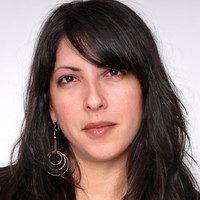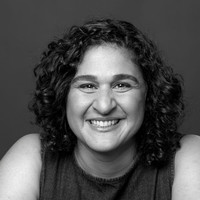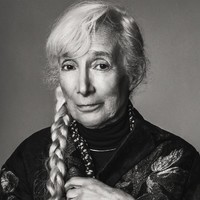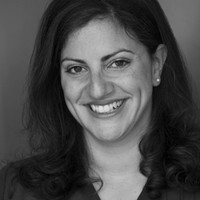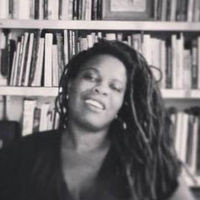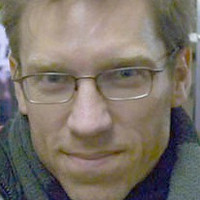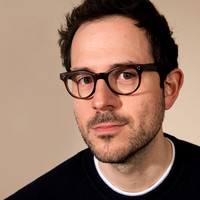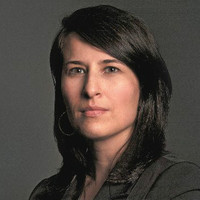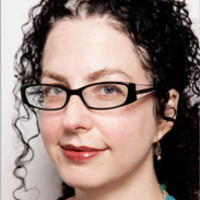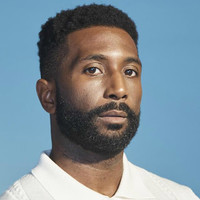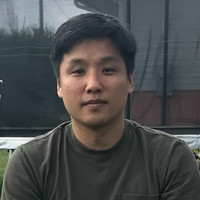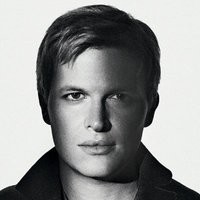Sam Fragoso is a writer, filmmaker, and the host of the podcast Talk Easy with Sam Fragoso.
“We have an hour together. We may not have another. We're here for a brief moment and then, you know, we die. And I want this thing to be as good as it can be. If if it's anything less than that, I'm just not interested. … And that, to me, is why you keep doing it: because that feeling when you really feel like you've put someone's life on the record in a way that is beautiful and painful and idiosyncratic and triumphant… when it goes well, it's like I lost 20 pounds. I am never a nicer or happier person than immediately after a taping. I'm kind of goofy and silly and delirious and grateful to be doing this. Like, so fucking grateful.”

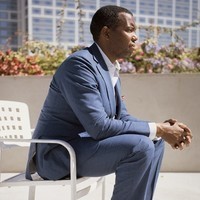
 Our new app for iPhone and iPad is almost here. Subscribe below and we'll let you know when it's available.
Our new app for iPhone and iPad is almost here. Subscribe below and we'll let you know when it's available.

